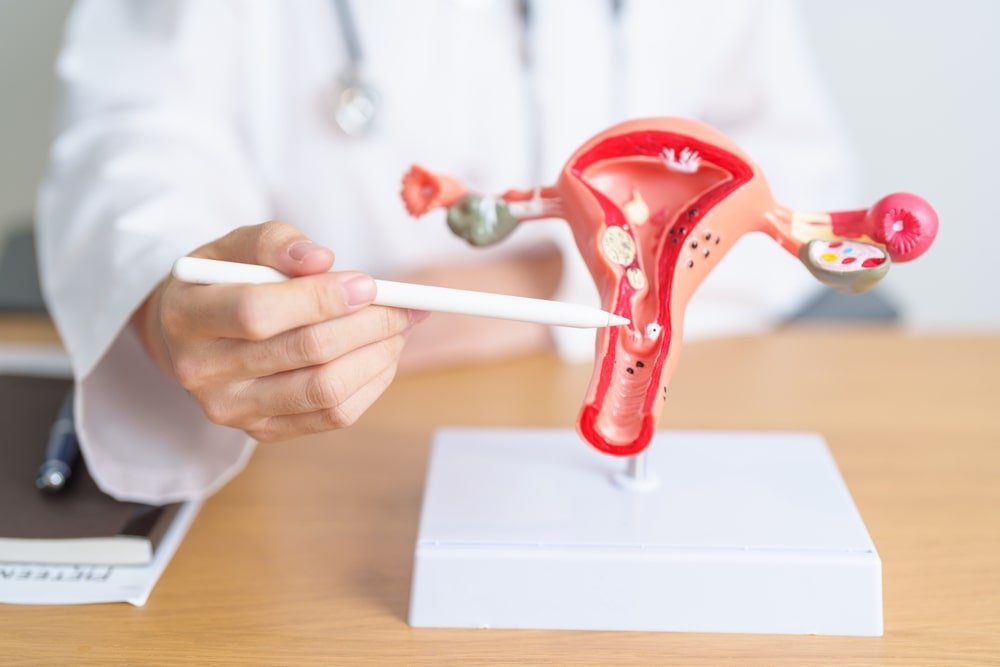The World Health Organization (WHO) has identified significant deficiencies in menstrual health and hygiene (MHH) in schools worldwide, according to a recent report.
This alarming trend spans from 2000 to 2023, highlighting a critical need for improved access to information, education, products, and services related to menstrual health.
In a joint effort, UNICEF and WHO released a comprehensive analysis on Menstrual Hygiene Day, shedding light on the state of MHH in schools globally.
The report reveals startling statistics that underscore the challenges faced by millions of schoolgirls. Around 39% of schools globally do not provide menstrual health education, with secondary schools reporting higher rates of neglect.
Furthermore, only 31% of schools have proper waste disposal bins for menstrual products. The situation is particularly dire in the Least Developed Countries, where only 20% of schools have these facilities, and even worse in sub-Saharan Africa, with a mere 10%.
Access to essential menstrual products remains limited, leaving many adolescent girls without clean toilets, private spaces, water, and soap. The lack of preparedness for menstruation is a widespread issue, with millions of girls unprepared for their first period due to inadequate education and resources.
This gap contributes to the stigma surrounding menstruation, significantly impacting school attendance and the mental health of adolescent girls.
The report highlights a substantial gap in educational support, with no national datasets on teacher training for menstrual hygiene available. Only 30 countries track priority indicators, which are essential for a comprehensive understanding of the situation.
Despite these challenges, some countries are making progress. For instance, Zambia and the Philippines have implemented measures to improve MHH in schools. However, the report stresses that much more needs to be done globally.
The UNICEF-WHO report calls for urgent global action to enhance menstrual health and hygiene in schools. Ensuring that every schoolgirl can manage menstruation with dignity and confidence is paramount.
The report also emphasizes the need for accelerated progress in access to water, sanitation, and hygiene to meet the Sustainable Development Goal by 2030. These findings serve as a crucial reminder of the ongoing challenges in MHH and the urgent need for comprehensive solutions to address this pressing issue.



